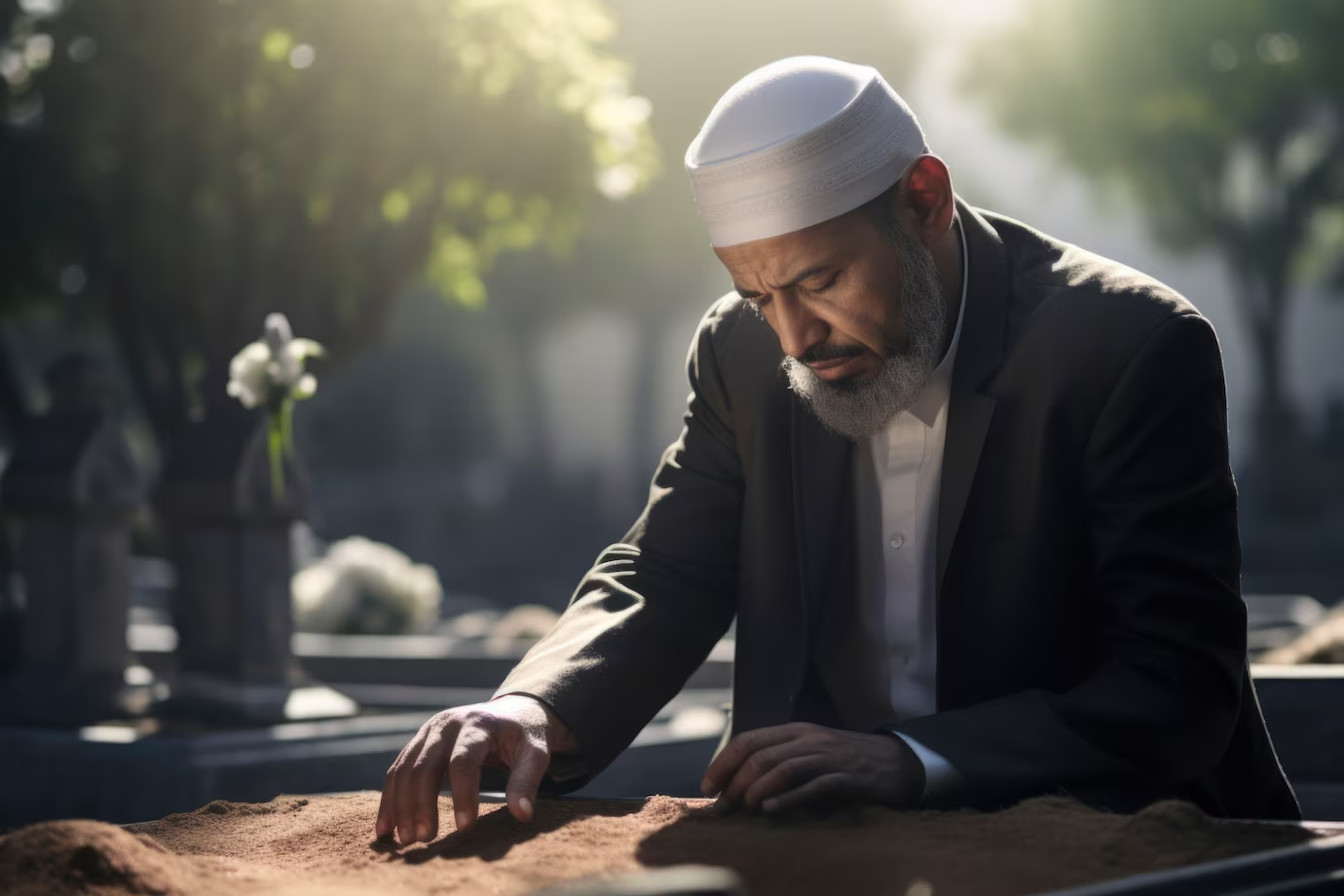Muslim funeral traditions, deeply rooted in the teachings of Islam and the practices of the Prophet Muhammad (peace be upon him), provide a meaningful way to honor the deceased and offer comfort to the grieving. These traditions reflect core Islamic beliefs in the sanctity of life, the importance of community, and the hope of eternal peace. Understanding these practices can help us appreciate their significance and the solace they bring to those mourning the loss of a loved one.
The Belief in Eternal Life
At the heart of Muslim funeral practices is the belief in eternal life and the Day of Judgment. Muslims believe that death is a transition from the temporal world to the eternal hereafter. This belief influences the various rituals and ceremonies performed during Muslim funerals, focusing on honoring the deceased and praying for their peaceful transition to the afterlife.
Rituals Immediately After Death
When a Muslim passes away, certain immediate rituals are performed to honor the deceased and prepare for the funeral. These include closing the eyes and mouth of the deceased, covering the body, and reciting prayers. The body is then ritually washed (Ghusl) by family members or members of the community, and shrouded in a simple white cloth (Kafan).
The Funeral Service
The funeral service, or Janazah, is a central part of Muslim funeral traditions. It typically includes a special prayer, the Janazah prayer, performed by the community. This prayer is a communal supplication for the deceased, asking for mercy, forgiveness, and entry into paradise. The service is usually held quickly after death to honor the Islamic principle of a swift burial.
The Burial
Muslim tradition prefers burial over cremation, as it reflects the belief in the eventual resurrection of the dead. The body is buried in a grave facing Mecca, the holiest city in Islam. At the gravesite, the community recites further prayers, and family and friends may place earth into the grave, symbolizing the return to dust. The grave is typically marked with a simple headstone or marker.
The Mourning Period
Muslim mourning practices include several stages. The immediate mourning period, often lasting three days, involves family and friends gathering to offer condolences and support. Extended mourning for close relatives, such as a spouse, lasts for a specific period, during which certain mourning practices are observed. This period allows the bereaved to reflect, pray, and seek solace in their faith.
Community and Support
Muslim funerals emphasize the importance of community and collective support. Family, friends, and community members gather to offer condolences, share memories, and provide practical assistance. This communal support helps the bereaved cope with their loss and find comfort in shared faith and collective mourning.
A Reflection of Beliefs and Values
Muslim funeral traditions are a reflection of the religion’s deep-seated beliefs in the sanctity of life, the importance of community, and the hope of eternal peace. These rituals provide a structured way to honor the deceased, support the grieving, and reaffirm Islamic values of compassion and respect. By understanding and respecting these traditions, we can offer meaningful support to our Muslim friends and family during their times of loss.
In summary, Muslim funeral traditions offer a profound and respectful way to honor the deceased, rooted in a deep understanding of eternal life and the importance of community. These rituals not only provide comfort to the grieving but also ensure that the deceased is honored with dignity and faith.
If you have feedback, questions, or ideas for future articles or Information Hubs, please contact us. Your insights help us create valuable content.


